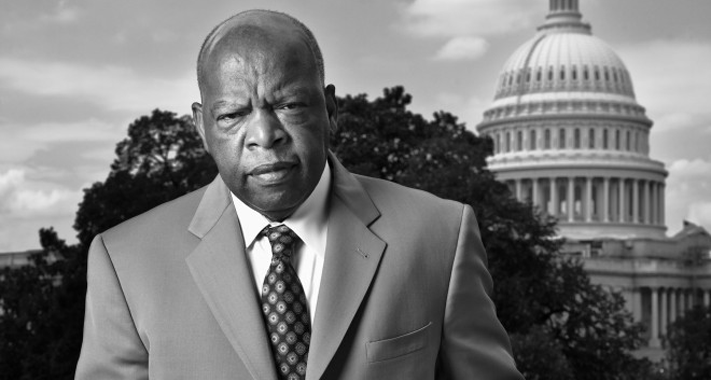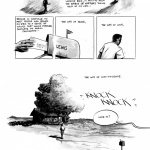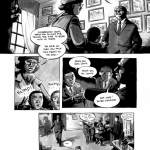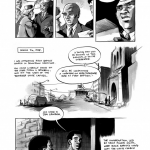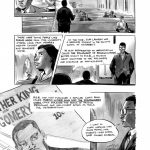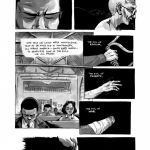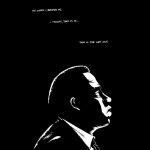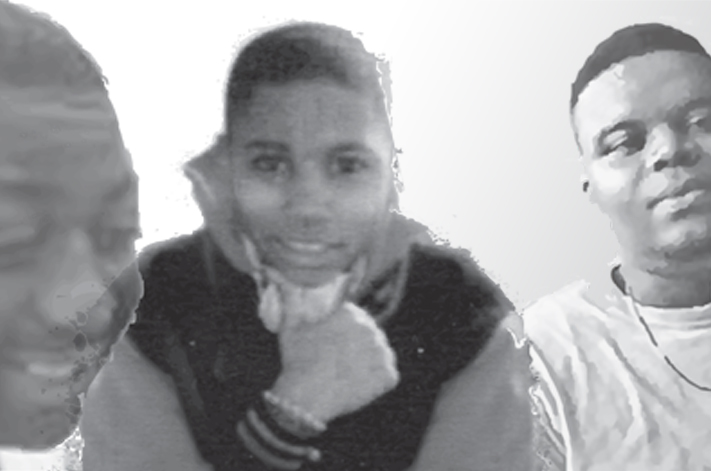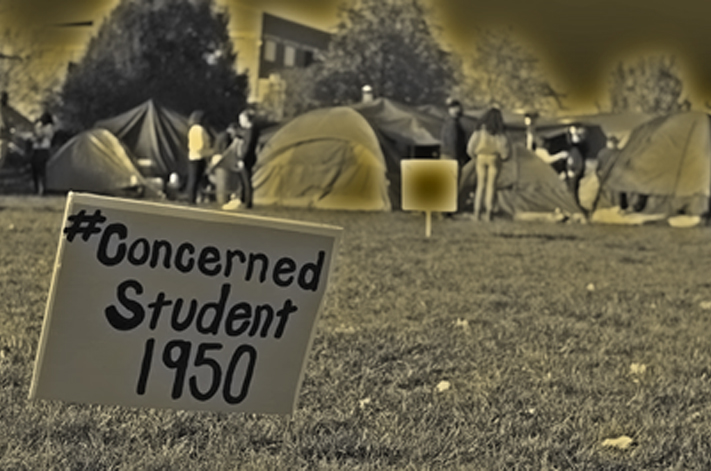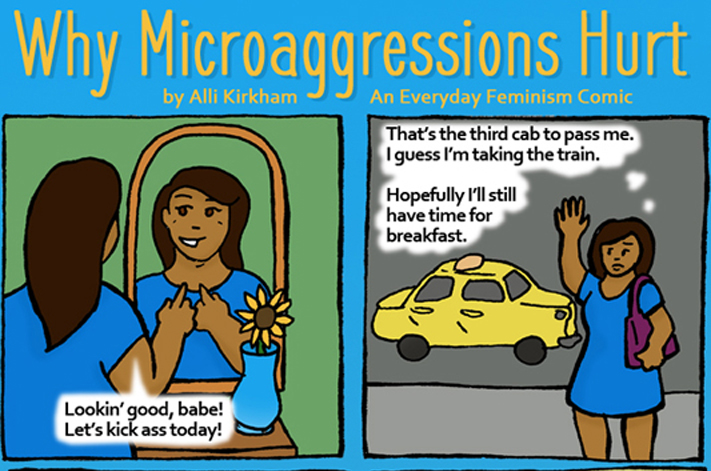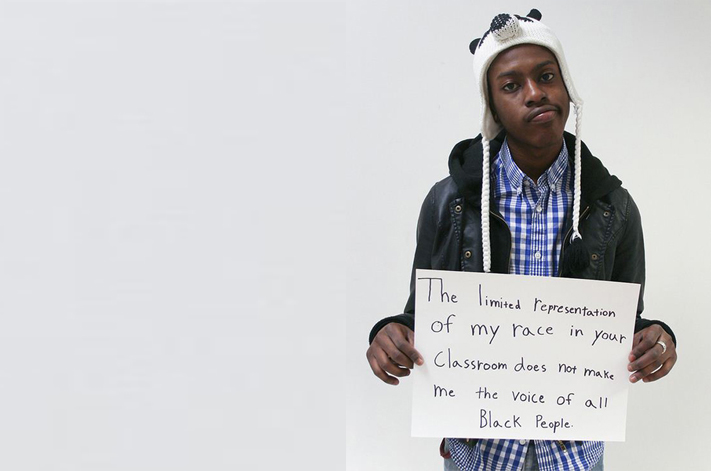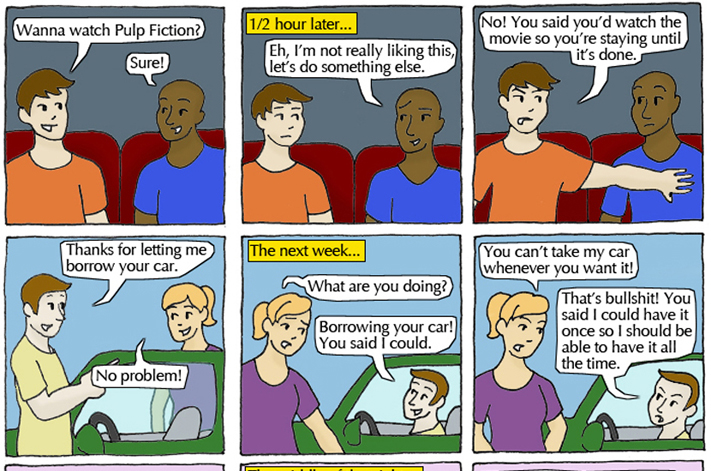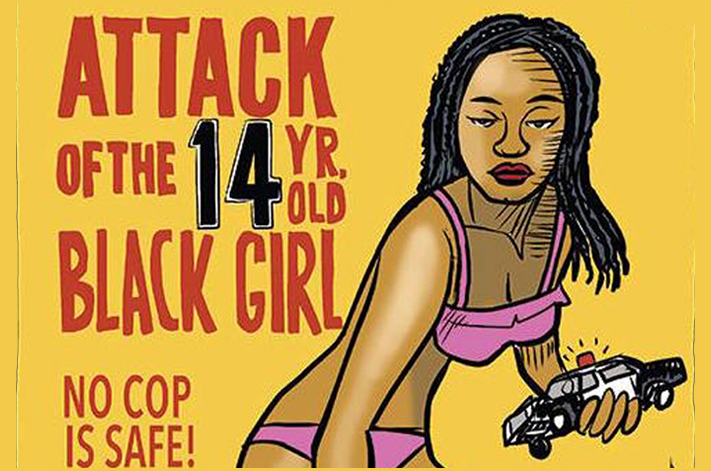Project Description
Click to Enlarge. March: Book One Pages. See Story Below.
Inspired by a Landmark MLK Comic Book, Civil Rights Icon Makes a Comic of His Own
Today marks the 50th anniversary of the March on Washington for Jobs and Freedom, the historic civil rights protest where Dr. Martin Luther King Jr. gave his famous “I Have A Dream” speech. And while Dr. King’s words are rightfully in the forefront of most people’s minds today, Congressman John Lewis — who spoke at the March on Washington, participated in lunch counter sit-ins, marched miles for social justice, and was jailed on several occasions — remembers another lesser-known but still influential tool for getting out the message of the movement: a 10-cent comic book. Titled Martin Luther King and the Montgomery Story, the comic told the story of Dr. King and the 1955 bus boycotts inspired by Rosa Parks while offering recommendations for non-violent protest tactics borrowed from Mahatma Gandhi.
“We read the book in Nashville, Tennessee, and we started sitting in,” said Lewis at the recent Book Expo America. “[This book] has been translated into more than four languages, and it’s been read and inspired people in the Middle East, in Vietnam, especially in Egypt.”
The 1958 comic also inspired the congressman to publish a new graphic novel of his own, March: Book One, which recalls his introduction into activism, experiences at the Montgomery Bus Boycott, and meetings with luminary figures like Dr. King during his college years in Nashville.
“I want to see young people in America feel the spirit of the 1960s and find a way to get in the way. To find a way to get in trouble. Good trouble, necessary trouble,” said Lewis.
~ Congressman John Lewis
While protesting, courageous people like Lewis endured beatings from by fellow citizens and police; some even refused bail and accepted jail time rather contribute to an unjust system by paying fines. Bus boycotts lasted for months, not just days.
As states like Texas and North Carolina pass voter restriction laws following the Supreme Court decision striking down a portion of the Voting Rights Act of 1965, there’s never been a more pertinent time to remember the sacrifices made to ensure that all citizens have the opportunity to be represented.
March: Book One is the first part of a trilogy in which Powell says each subsequent volume will be “considerably longer, more intense, and more brutal than the first.” So it’s fitting that it ends with words from a speech delivered by Dr. Martin Luther King Jr.: “Don’t get weary.” Words worth remembering today as we reflect on what still stands in the path of equal opportunity, mutual respect, and peace.
